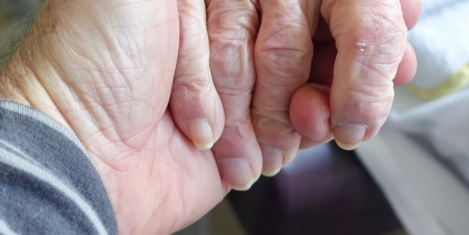March 8, 2022
Caring responsibilities disproportionately impact women’s lives and careers
 Nearly six out of ten women (58 percent) say caring responsibilities have stopped them applying for promotion or a new job, and one in five (19 percent) have left a job because it was too hard to balance work and care, according to wide-ranging research by Ipsos and Business in the Community (BITC). Whilst 35 percent of all adults, and 44 percent per cent of working adults, have caring responsibilities, the research found that they are not spread equally. Women account for 85 percent of sole carers for children and 65 percent of sole carers for older adults. More people from ethnic minority backgrounds (42 percent) have caring responsibilities than from white backgrounds. (more…)
Nearly six out of ten women (58 percent) say caring responsibilities have stopped them applying for promotion or a new job, and one in five (19 percent) have left a job because it was too hard to balance work and care, according to wide-ranging research by Ipsos and Business in the Community (BITC). Whilst 35 percent of all adults, and 44 percent per cent of working adults, have caring responsibilities, the research found that they are not spread equally. Women account for 85 percent of sole carers for children and 65 percent of sole carers for older adults. More people from ethnic minority backgrounds (42 percent) have caring responsibilities than from white backgrounds. (more…)




































March 3, 2022
What really happens when we start using offices again?
by Henry Stainton • Comment, Flexible working, Property